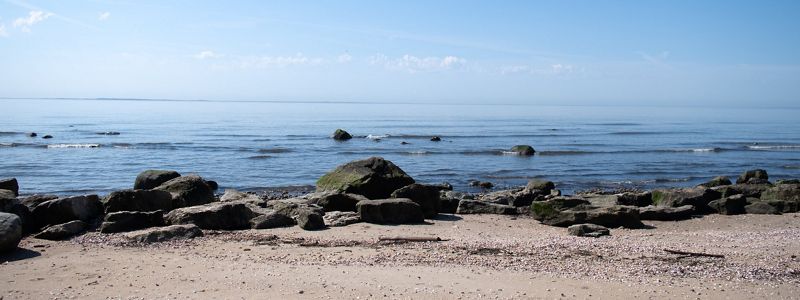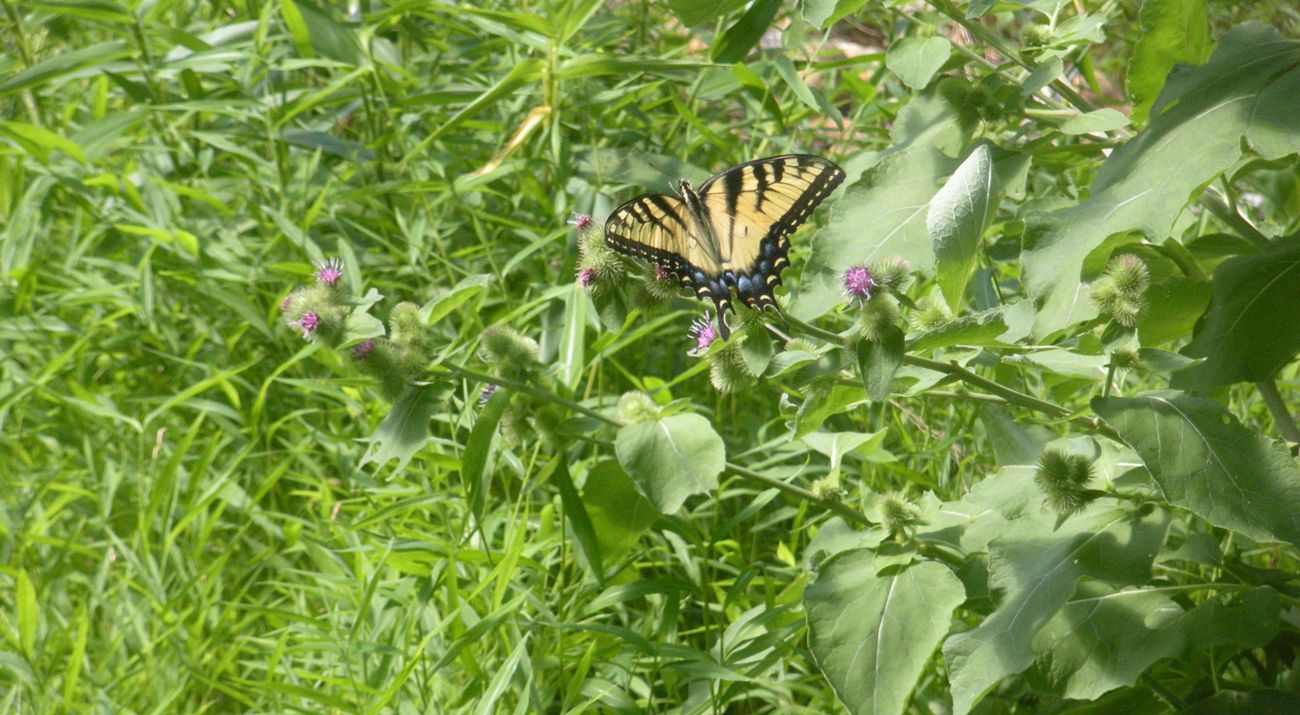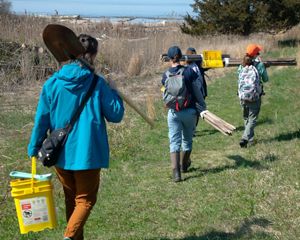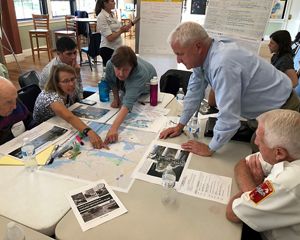Keeping the Promise
Our promise to the world is to protect the lands and waters on which all life depends. With your help, it will be kept.
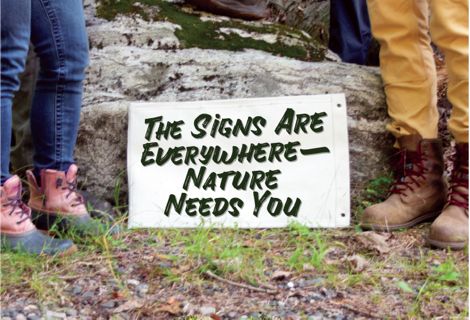
Annual Report
Thanks to your support, we pursued and achieved many conservation goals in Connecticut during 2024. Now we are building on that momentum. Stay tuned!
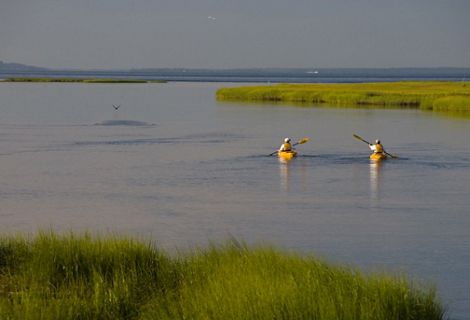
Conservation News
Stay informed about our latest conservation accomplishments around Connecticut.
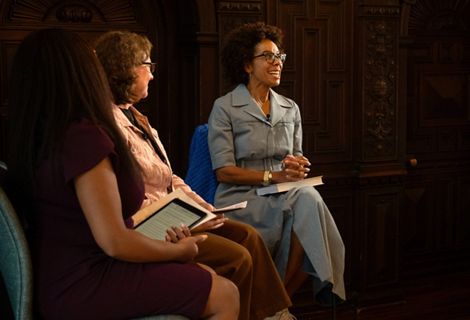
Watch: Nature Talks
Dr. Ayana Elizabeth Johnson joined The Nature Conservancy’s director of climate and strategic initiatives for TNC’s Global Aquaculture Program, Sally McGee, for “Nature Talks: The Ocean’s Future is our Future” moderated by Rachael Jay.

Salt Marsh Support
The Nature Conservancy secured $4 million for restoration planning at Rocky Neck State Park.

See the Places We Protect in Your Community
Learn more about TNC's preserves in Connecticut.
We Can’t Save Nature Without You
Sign up to receive monthly conservation news and updates from Connecticut. Here's a preview of Connecticut's Nature News email!
